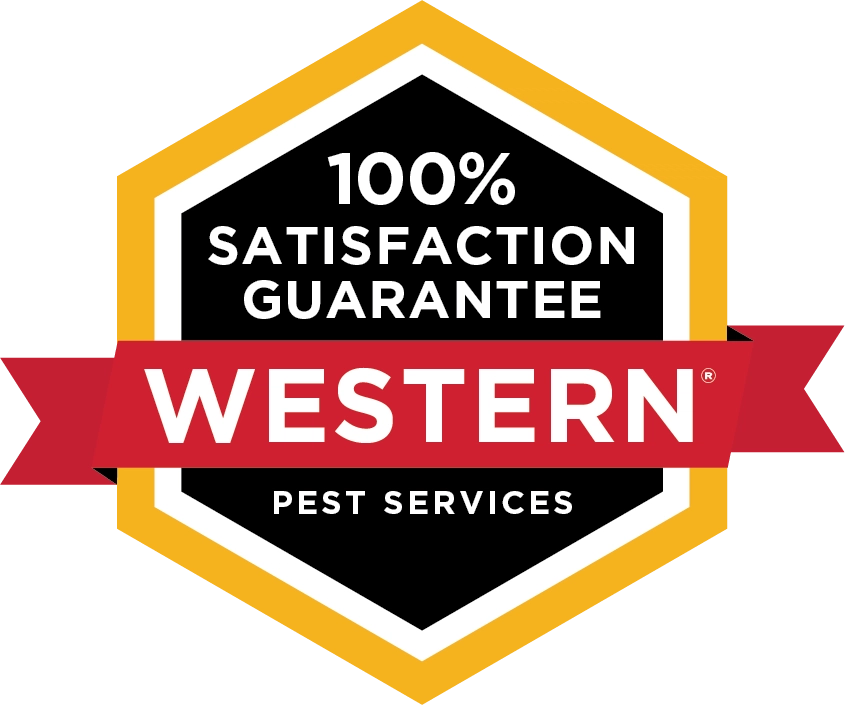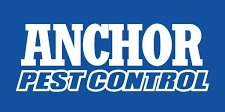How To Choose a Pest Control Company
There are several factors that you can consider when selecting the best pest control company for you. In addition to a company's qualifications and treatment methods, you may also look into how long it has been in business and what the reviews look like. Last but not least, you'll likely want to consider the cost of services.
Below, we discuss each of these factors in more detail.
Does the company have a valid license and permits to perform pest control?
According to the United States Environmental Protection Agency (EPA), all pesticide applicators and their supervisors are required to be certified at the state level. The EPA sets minimum standards of competency, but all pesticide applicators in New Jersey should be licensed through the proper state regulatory agencies.
Is the company a member of any professional organizations?
A pest control company can optionally apply for additional certifications from trade organizations like QualityPro to back up its methods and standards. One particular certification is the GreenPro Service Certification, which is awarded when a company can demonstrate that its methods are more environmentally friendly. A company that receives this certification also needs to maintain certain employee training standards.
There are certain professional organizations that a pest control company can belong to. While not mandatory, membership in organizations such as the National Pest Management Association (NPMA) or state-level organizations help to prove a company's reputability. After joining an organization like the NPMA, a company receives access to education, resources, and a network of professionals with whom to discuss best practices.
Professional Experience and Specialties
The number of years that a company has been in business can tell you something about its experience dealing with pests in your area. Customer reviews or the company's website itself can also inform you whether it has the skills and experience needed to eliminate the particular pests that are plaguing you. If the answers to your questions aren't available online, contacting the company directly is an easy way to learn about its areas of expertise.
Reviews and Recommendations
You can verify a company's legitimacy using local review sites or social media as well as the Better Business Bureau (BBB). You can also check with New Jersey's licensing board to verify the status of a company's license.
Cost of Services and Guarantees
Things like the size of your house, your location, the type of pest being treated, and other factors can all affect the cost of pest control.
You can find out whether a company offers free on-site estimates (to determine if it fits in your budget) and what sort of guarantees it has. Often, a company will guarantee that if it does not take care of your pest problem, it will continue treatment until it does.
Safety and Treatment Methods
Keeping yourself, your family and your pets safe is an important concern when selecting a pest control provider. You might also prefer one that uses environmentally friendly methods.
Safety
Make sure to ask your pest control provider if they plan to use low toxicity or non-toxic pesticides, and if not, what precautionary measures they are going to use. Any pesticides that are not minimum-risk chemicals should be registered with the EPA. Your pest control provider will be able to provide you with information about all of the pesticides that they plan on using.
Treatment Methods
Many companies have started offering options for more environmentally friendly pest control techniques before moving to harsh pesticides.
One popular way of making pest control safer and greener is Integrated Pest Management (IPM). The steps of IPM are as follows:
- Identify the source of the pest problem and determine whether immediate action is needed.
- Determine the best and safest course of action.
- Manage the pest problem using a combination of mechanical, cultural, biological, and physical controls.
- Use chemical controls only if needed, and always along with other controls for effective long-term pest management.
- Assess the outcome and implement additional pest control as needed.
















